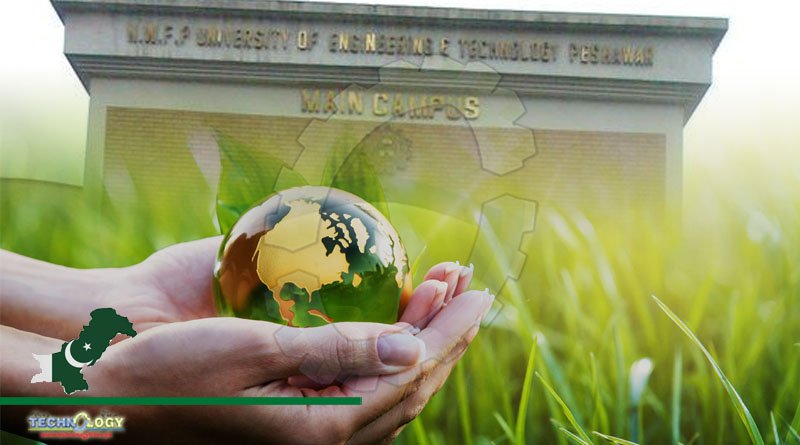The US-Pakistan Centre for Advanced Studies in Energy (USPCAS-E) at the University of Engineering and Technology (UET), Peshawar, will host the fourth international conference on ‘Sustainable Energy Technologies’ on Dec 5 and 6.

The US-Pakistan Centre for Advanced Studies in Energy (USPCAS-E) at the University of Engineering and Technology (UET), Peshawar, will host the fourth international conference on ‘Sustainable Energy Technologies’ on Dec 5 and 6.
A statement issued here said that the conference on ‘Sustainable Energy Technologies’ would bring professionals from the industry, government officials and researchers from academia for sharing knowledge, identification of industry-relevant problems, networking and future collaboration for addressing the energy sector issues.
It said that professionals, researchers and academicians, including Prof Dr Clark A Miller of Arizona State University, USA; Prof Dr Adarsh Kumar Panday, Sunway University, Malaysia; Prof Dr Yasin Khan, King Saud University, Saudi Arabia; and Prof Dr Hafiz Dzarfan Othman of Universiti Teknologi, Malaysia, would present the keynote lectures.
The conference is co-sponsored by the Higher Education Commission of Pakistan, Higher Education Regulatory Authority, Pakistan Science Foundation and Centre for Industrial and Building Energy Audits.
USPCAS-E as a professional engineering body has credited the engineers to earn continued professional development (CPD) points through this conference.
Energy is of vital importance to any society today and the future of energy needs to be sustainable in terms of environment and climate as crucial changes are to inevitably happen. Pakistan is challenged by overpopulation, climate change and a weak energy sector.
Despite having abundant renewable energy resources, the energy sector has been in dire-straits for over a decade with power shortages and subsequent load shedding for both domestic and industrial entities. The lack of visionary policy, outdated power plants and transmission grid, economic factors, dependency on imported fossil fuels, and weak indigenous technological base are some of the main contributors to the energy crisis in Pakistan.
Although the situation has improved considerably over the last couple of years, the generation, transmission and distribution challenges remain and are affecting economic growth of the country.
Originally published at Dawn
